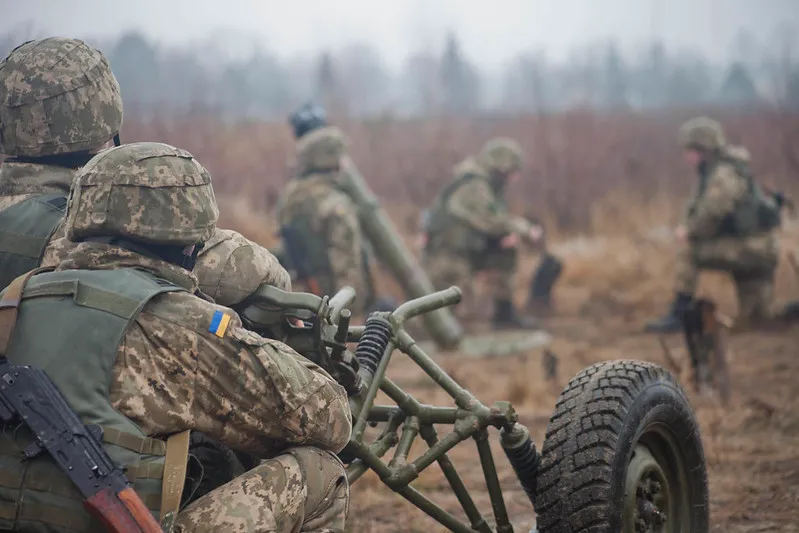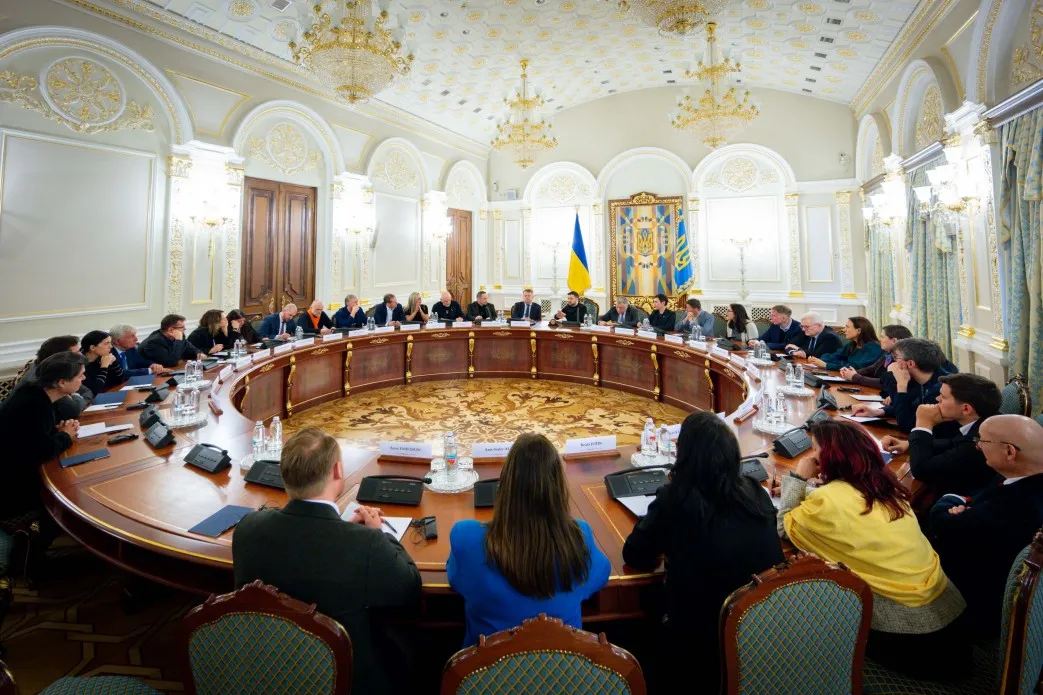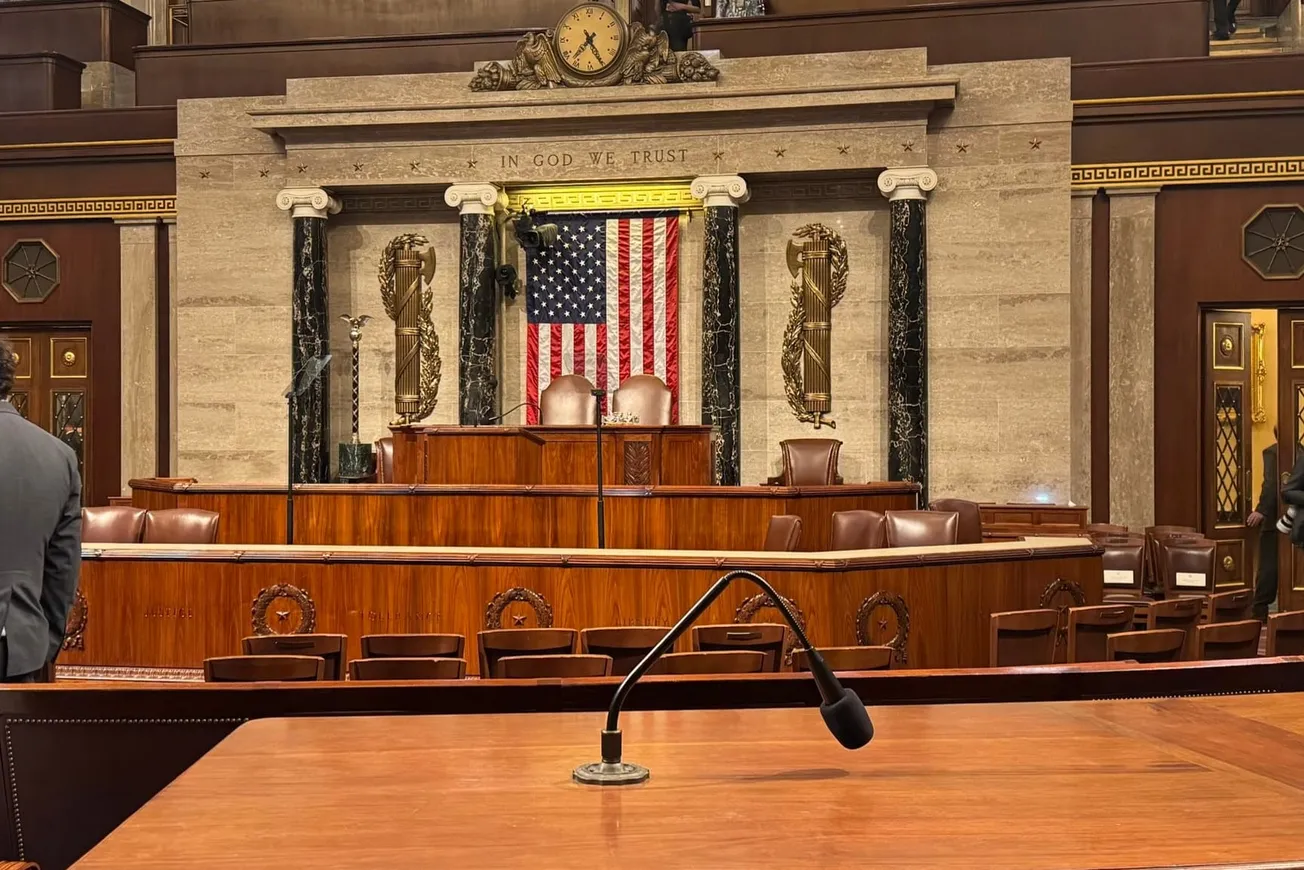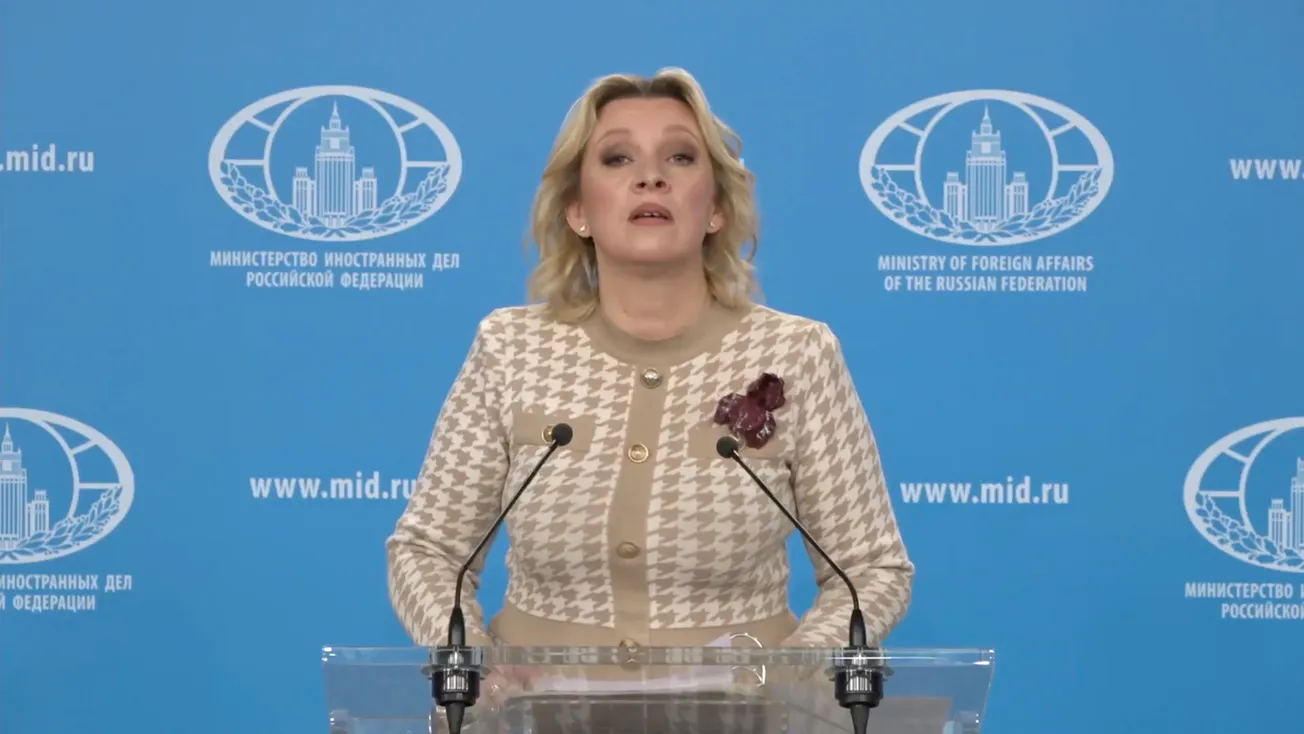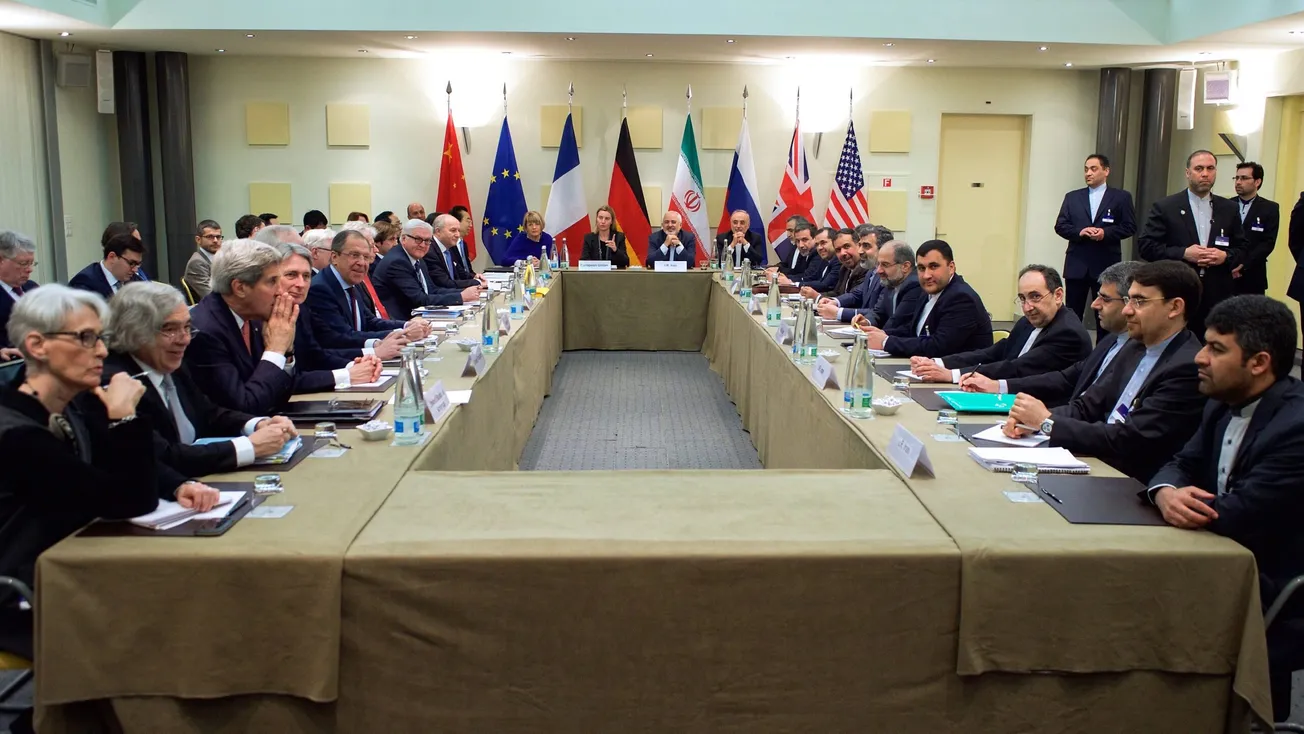Extremely concerning developments continue to emerge out of Ukraine and its increasingly flagrant attacks into Russian territory. Late on Friday, August 30, Ukraine shelled a number of civilian targets in Russia’s Belgorod region, killing 5 and wounding at least 50. Russia’s Foreign Ministry called the attacks a “pre-planned and carefully prepared terrorist act of intimidation.” Coming on the heels of Ukraine’s invasion into Russia’s Kursk region, which had already pulled the legs out from under any prospect of a negotiated peace settlement, this act is only serving to further inflame the situation.
However, the danger facing you and everyone you know today is not coming from anything happening in Ukraine, but from a policy of preemptive nuclear war being developed by the Anglo-Americans intent on preventing any opposition to their “rules-based order.” This was revealed in an Aug. 20 New York Times article and underscored on Aug. 29 by Theodore Postol. As Postol put it: The new U.S. nuclear doctrine and now its decision to upgrade certain technical features on its nuclear warheads as “preemptive strike technologies” are “a dramatic step towards the capability to fight and win nuclear wars with both China and Russia.”
This is the context in which Ukrainian Defense Minister Rustem Umarov visited Washington on Friday and discussed with senior U.S. officials a “list of targets” which Ukraine proposes to strike inside Russia. While no official response has been heard yet from American officials, we are already only a hair’s breadth away from a nuclear conflict, and one must imagine the implications this would have if the U.S. gave its approval. Only a fool would still believe that the U.S. and NATO are not in direct conflict with Russia.
The meeting of the 65th International Peace Coalition on Aug. 29 was a master-class in understanding today’s global strategic situation. Norwegian commentator, professor, and author Glenn Diesen cast some light on why the events unfolding today, which seemingly defy all reason and rationality, are happening. We are currently living through “the most dangerous time in world history,” Diesen said, “because we’re in the middle of this collapse of the unipolar world order established after the Cold War, and the great powers are therefore willing to take extraordinary risks and even resort to war given that there’s so much at stake.” Diesen went on to say regarding the goals of militarily defeating Russia and reversing China’s economic growth in order to maintain the West’s unipolar order: “None of these goals will actually work, and the problem is we don’t really have a Plan B either. So we’re gradually abandoning reason and pursuing this reckless escalation.”
However, what must be pointed out is that there has never before been a time that the collapse of a world order, or the empire which has constructed it, has occurred when nuclear weapons existed. So what is an astute or impassioned person to do, faced with a situation with no precedent to draw from? Almost every previous time in history when an empire has collapsed, it brought down many others with it—an impossibility in the age of the nuclear bomb.
Therefore any solution to today’s crisis must come from the domain of ideas—of creative human reason. At the conclusion of Friday’s International Peace Coalition meeting, Helga Zepp-LaRouche took this question up, disagreeing with the notion that people will only learn when “it gets bad enough” because people must “learn from experience.” Zepp-LaRouche said, “I disagree that man can only learn from the senses. I think this is the absolute fundamental conflict between the English empiricism and Enlightenment of Locke, Hobbes, and that whole school of thought, versus the Platonic tradition: If man would not be capable of ideas, of ideas which give chaos a structure, anticipating developments by making the right analysis and prognosis, and coming up with solutions ahead of time, we would be in a terrible condition and condemned to repeat and repeat our mistakes forever.
“I think if one has a good plan—Schiller said in The History of the Revolt of the United Netherlands against Spanish Rule in the Introduction—he said, if people unite for a good plan, they can bend even the worst arm of the tyrant, if they work together to implement that plan. I believe in that latter theory. The Peace of Westphalia—it started with people realizing that if they would continue the fighting there would be no survivors left. But they came up with principles on the highest level of humanity: Namely, the idea that peace is only possible if you respect the interests of the other, and that for the sake of peace, you have to forgive all crimes committed by one or the other side and replace revenge and hatred with love. That was the beginning of international law.
“So, I would emphatically say we should be more optimistic about the human ability of creativity and the formulation of ideas, which are solutions. That is why I think what is happening in Kazan [at the BRICS summit in October] is only part of, I would say, a trend of the universe to create order out of chaos. We have to be the witting, conscious instruments of that law of the universe, by making sure that this is leading to the necessary, just world economic order.”


